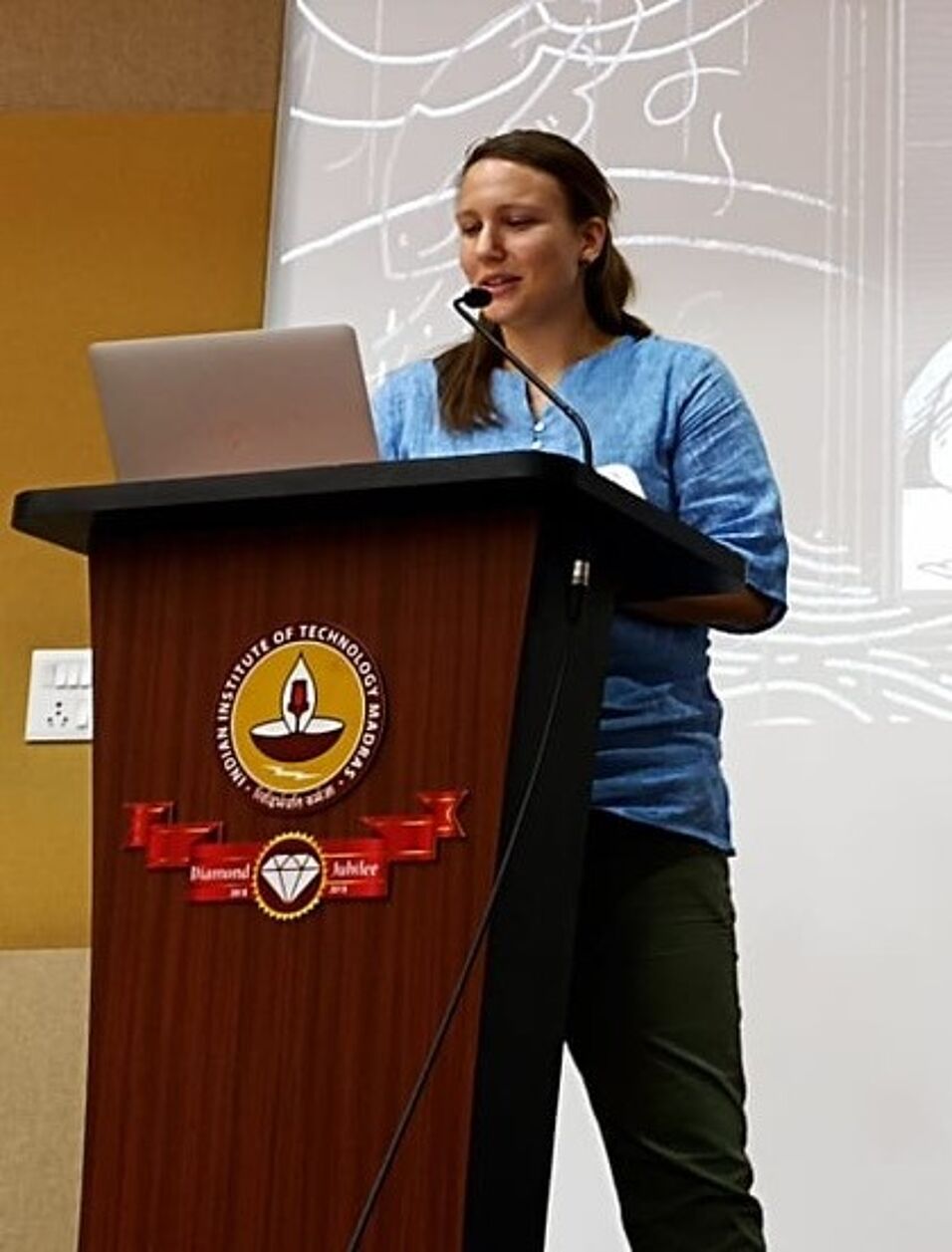Claire Sabel is a historian of early modern earth sciences, extractive industries, and empire. Her research explores how knowledge about the earth and environment were shaped by the growth of European imperialism and overseas trade, especially in Southeast Asia.
She joined SCARCE in 2024, after completing her PhD in History and Sociology of Science at the University of Pennsylvania. Her dissertation and first book project, Rare Earth: Gemstones, Geohistory, and Commercial Geography c. 1600-1750 is a study of the Indian Ocean gem trade and its influence on the earth sciences. Until the mid-eighteenth century, most of the world's precious stones, including all of the world's diamonds, came from deposits around the eastern Indian Ocean. Rare Earth shows how European naturalists used Dutch and East India Company networks and existing regional trade to study precious stones, and argues that gems inspired new methods and new questions about the earth's composition and distribution of natural resources. This research has been supported by several grants and fellowships, including awards from the US National Science Foundation and Fulbright-Hays Program, and has so far resulted in two publications:
- 2023: "'Glass Worke': Precious Minerals and the Archives of Early Modern Earth Sciences," in New Earth Histories ed. Alison Bashford, Emily Kern and Adam Bobbette. Chicago: University of Chicago Press: 145-162
- 2019: The Impact of European Trade with Southeast Asia on the Mineralogical Studies of Robert Boyle," in Gems in the Early Modern World: Materials, Knowledge, and Global Trade, 1450-1800, ed. Sven Dupré and Michael Bycroft. Cham: Palgrave Macmillan: 87-116
At the University of Vienna she is beginning a new project, "Expanded Horizons: Women and the Making of Natural Resources." This research brings together interests in microhistory, gender, and practical knowledge through a series of case studies about the reception of Central European mining expertise in other parts of the world. While the Central European miners, assayers, and administrators recruited to support foreign mining ventures were typically men, they interacted with a variety of female laborers, merchants, and rulers who played important roles in facilitating the mining and trading of mineral resources. Expanded Horizons will uncover the practical and gendered knowledge that enabled the successful application of Central European mining expertise abroad.
Claire is also interested in experiential learning and collaborative methods, especially in their application to the environmental humanities, and in combining insights from the natural sciences of the past with those of the present.
CV
- 2024 University of Pennsylvania: PhD in History and Philosophy of Science
- 2023 Max Planck Institute for History of Science, Department 2 (Benson), Predoctoral Fellow
- 2023 Science History Institute, Haas Fellow
- 2022 Fulbright-Hays Doctoral Research Abroad Fellow, (UK, Netherlands, India, Indonesia)
- 2022 National Science Foundation, Doctoral Dissertation Improvement Grant, STS program
- 2015 University of Cambridge, UK: MPhil in History and Philosophy of Science
- 2013 Columbia University, New York: BA in History
Awards
- 2019 Dean's Scholar, University of Pennsylvania

